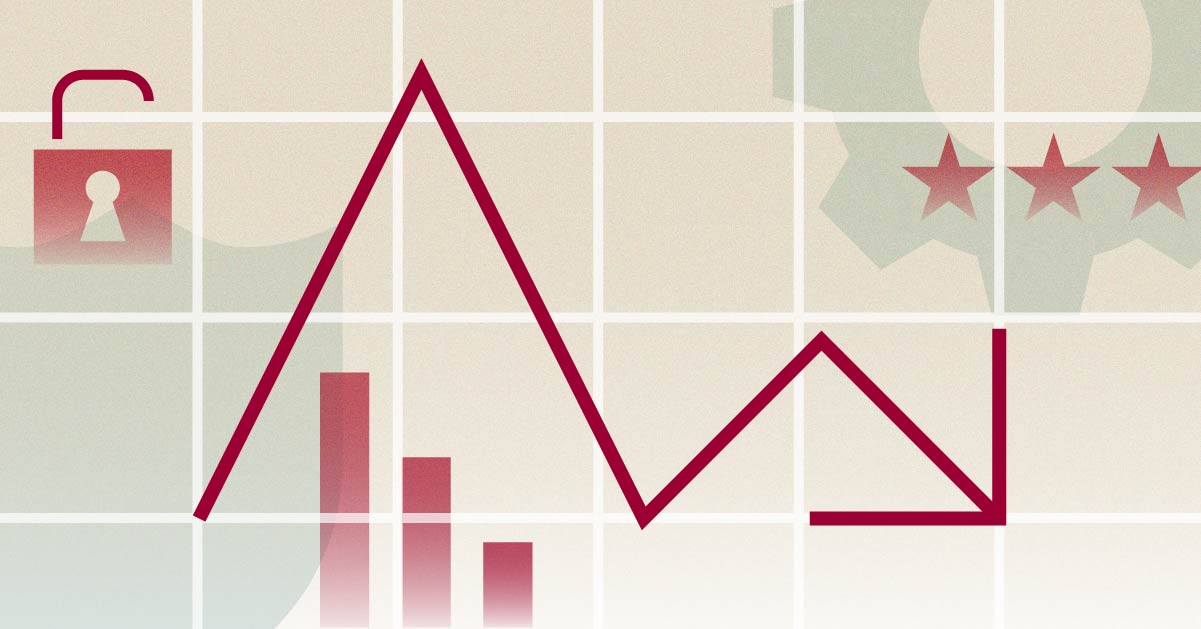U.S. Economic Outlook More Challenging Following Bank Failures
DBRS believes the aftermath could bring forward economic deterioration; recession a clear possibility.

Federal authorities in the U.S. responded aggressively to the failures of SVB Financial Group SIVB and Signature Bank SBNY (both unrated by DBRS Morningstar) in order to calm financial markets and minimize the adverse effects on the real economy. U.S. regulators announced that all depositors would be made whole and have access to their deposits. In addition, the U.S. Federal Reserve announced the creation of the Bank Term Funding Facility, which allows eligible depository institutions to pledge high-quality securities at par to get loans of up to one year. In our view, these actions should reduce the likelihood of contagion, thereby minimizing any impact on the near-term U.S. economic outlook. Nevertheless, stress in pockets of the banking system and corporate sector in the aftermath of this episode may, on the margin, bring forward the weaker economic conditions that we already expected during 2023.
Overall, the prognosis for U.S. growth in 2023 remains weak. Our expectation is that the U.S. economy will run close to stall speed for the next 2-3 quarters as the full impact of monetary policy tightening is transmitted to the real economy. While labor market conditions are still tight and household balance sheets are generally strong, consumer delinquencies are beginning to rise from historically low levels, and we expect consumers to be more discerning in their spending decisions going forward. Residential investment, which has contracted for seven consecutive quarters, will continue to be weighed down by the ongoing adjustment in the housing market. In addition, exports will face weak global demand. With this outlook, a recession in the U.S. is a clear possibility. However, if the economy enters a recession, we still expect it to be short and shallow, with moderate growth returning by early 2024.
Bank Crisis Could Hasten Economic Slowdown
The recent bank failures are unlikely to fundamentally change the U.S. outlook, in our view. However, the fallout could, on the margin, bring forward the expected deterioration in economic conditions. Under greater market pressure, banks could increasingly differentiate between high- and low-risk borrowers, thereby intensifying stresses in pockets of the corporate sector and weakening the investment outlook. Likewise, labor market conditions may finally start to loosen as firms recalibrate their demand for workers, potentially accelerating the slowdown in consumer spending.
There is still significant uncertainty about this assessment, and it may be too early to analyze the full impact of the recent bank failures. However, the episode is a reminder of the financial stress that may emerge unexpectedly as central banks rapidly raise interest rates. Over the coming days and weeks, we will be looking at how credit conditions evolve. If credit conditions tighten materially, durably, and in a broad-based manner, we would see the need to revisit our expectations for the U.S. economy.
This article was written Michael Heydt, senior vice president, global sovereign ratings and Thomas R. Torgerson, managing director, co-head of sovereign ratings, DBRS Morningstar
The author or authors do not own shares in any securities mentioned in this article. Find out about Morningstar’s editorial policies.


/cloudfront-us-east-1.images.arcpublishing.com/morningstar/54RIEB5NTVG73FNGCTH6TGQMWU.png)
/cloudfront-us-east-1.images.arcpublishing.com/morningstar/ZYJVMA34ANHZZDT5KOPPUVFLPE.png)
/cloudfront-us-east-1.images.arcpublishing.com/morningstar/MNPB4CP64NCNLA3MTELE3ISLRY.jpg)